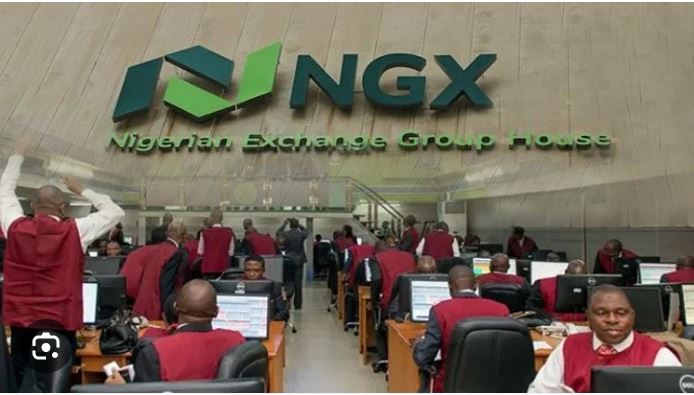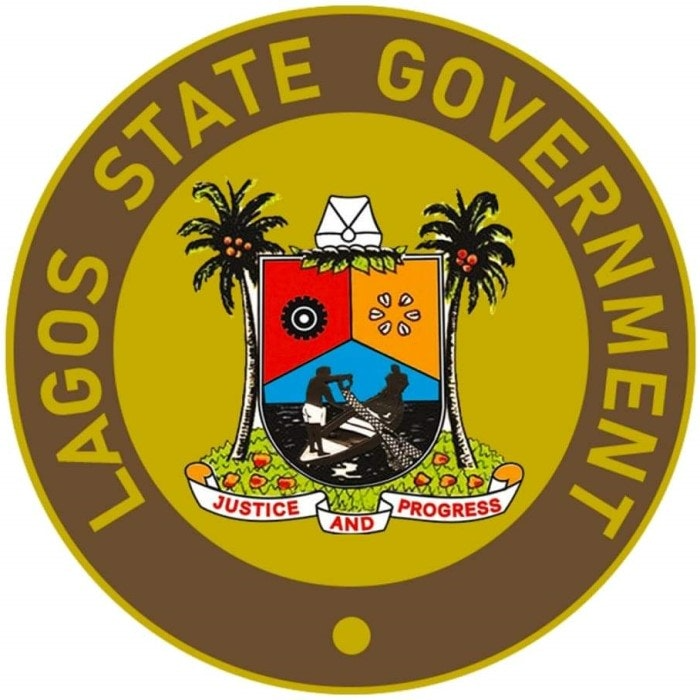NGX index review changes include additions of Aradel, Wema, and McNichols, while Julius Berger, Conoil, and others exit key indices in bold rebalancing
[dropcap]T[/dropcap]he NGX index review changes took effect on Tuesday following the Nigerian Exchange Limited’s announcement of its semi-annual rebalancing, which introduced significant modifications to key market indices.
Also read: NGX urges Nigeria’s financial sector to embrace Artificial Intelligence
The review was based on the market capitalisation methodology and took effect at the opening of the market.
Among the most notable developments, Aradel Holdings Plc and Wema Bank Plc have been added to the NGX 30 Index. This comes as Conoil Plc and Julius Berger Nigeria Plc made their exit.
The move, according to the NGX, reflects both market dynamism and the comparative performance of listed companies over the preceding half-year period.
In a statement released by the Exchange, further adjustments were highlighted across several other indices. The NGX Consumer Goods Index saw McNichols Consolidated Plc added to its roster, while Golden Guinea Breweries Plc was removed.
The NGX Insurance Index welcomed LASACO Assurance Plc as Fortis Global Insurance Plc and International Energy Insurance Plc exited.
Similarly, the NGX Industrial Index now features Austin Laz & Company Plc, with Notore Chemical Industries Plc dropping off.
Meanwhile, the Afrinvest Dividend Yield Index brought in Access Holdings Plc, FCMB Group Plc, and Julius Berger Nigeria Plc.
These additions coincided with Julius Berger’s earlier departure from the NGX 30 Index, illustrating how some firms move across various index categories.
The Meristem Growth Index experienced considerable shifts. Wema Bank Plc, Chemical and Allied Products Plc, and Guaranty Trust Holding Company Plc joined the index, while Fidelity Bank Plc, Transnational Corporation Plc, United Bank for Africa Plc, Unilever Nigeria Plc, and Guinness Nigeria Plc exited.
Interestingly, the same three companies that exited—UBA, Unilever, and Guinness—entered the Meristem Value Index, while Julius Berger Nigeria Plc left it.
Notably, several indices remained untouched in this half-yearly adjustment. These included the NGX Banking Index, NGX Oil & Gas Index, NGX Pension Index, NGX Lotus Islamic Index, NGX Corporate Governance Index, and NGX Pension Broad Index.
The stability of these categories suggests strong consistency among their constituent firms.
“The Exchange continues to blaze the trail on the path to becoming Africa’s foremost securities exchange with innovation and product development that deepen the market and boost liquidity,” said Jude Chiemeka, Chief Executive Officer of the NGX. “This ultimately connects Nigeria, Africa and the world.”
Abimbola Babalola, the Head of Trading & Products at the Exchange, also highlighted the role of the indices in modern investing.
“They are developed, managed and rebalanced semi-annually to allow investors efficiently track market movements and properly manage investment portfolios,” he explained.
The NGX confirmed that index rebalancing is conducted twice yearly, on the first trading day in January and July. This schedule ensures timely adaptation to market fluctuations and provides investors with a transparent benchmark for portfolio decisions.
According to the NGX, it maintains the flexibility to make last-minute adjustments before implementation, particularly in the event of major corporate actions such as mergers, takeovers, or trading suspensions.
The latest NGX index review changes are expected to influence portfolio realignments and may also impact investment flows into newly included firms.
Also read: NGX opens trading week in red as investors shed N297bn
While some companies may benefit from heightened visibility and liquidity, others will have to work towards regaining investor favour in time for the next review cycle.
Oreoluwa is an accountant and a brand writer with a flair for journalism.





























